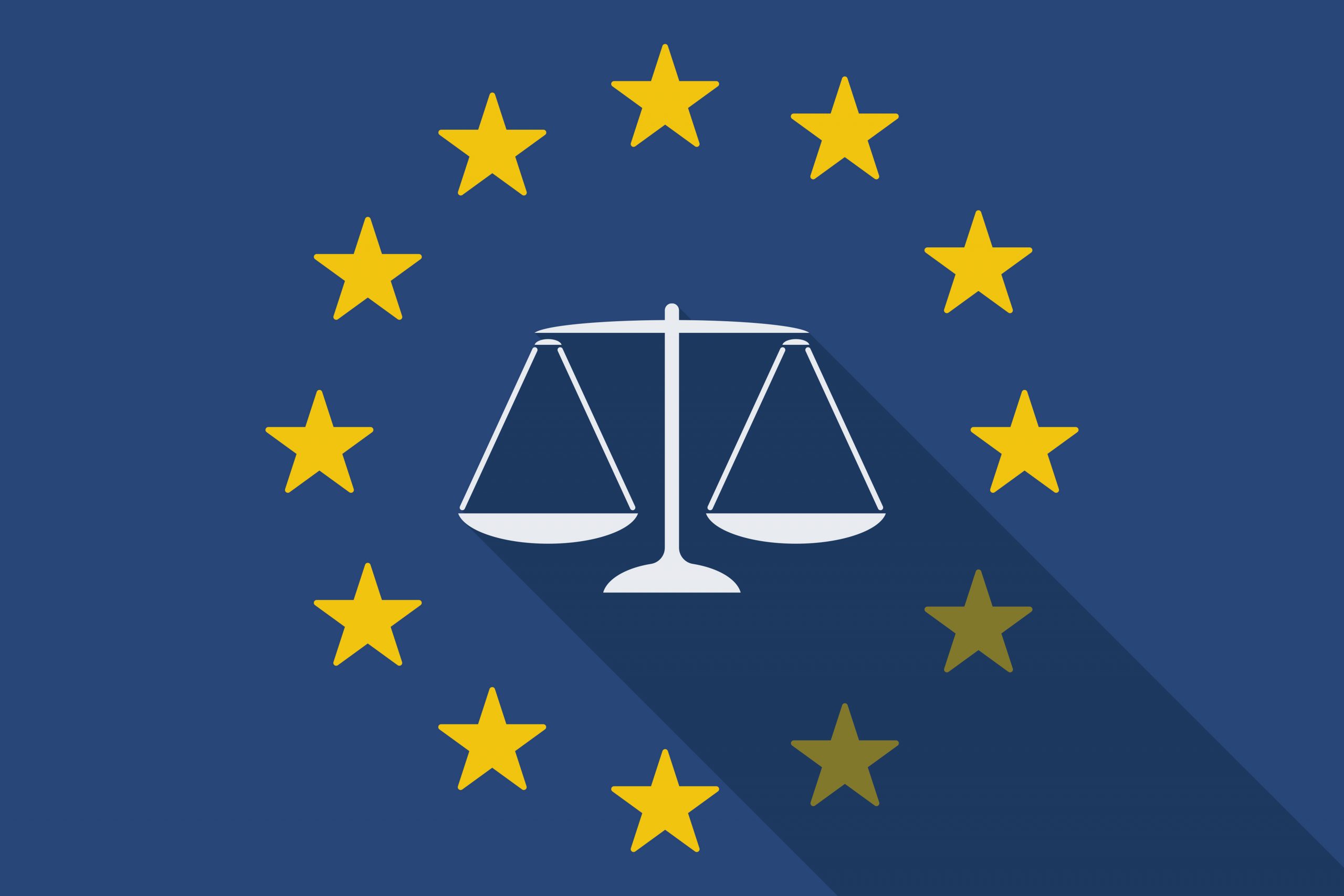“The filing of a request for invalidation or revocation or an opposition in violation of a valid contractual non-challenge obligation constitutes an act of bad faith which results in an inadmissibility of the respective request before the EUIPO.” – INTA amicus brief
 Filing a request for revocation of a trademark, despite a non-challenge clause in a trademark agreement, constitutes an act of bad faith—according to an amicus submission filed by INTA in a case pending before the Court of Justice of the EU (CJEU).
Filing a request for revocation of a trademark, despite a non-challenge clause in a trademark agreement, constitutes an act of bad faith—according to an amicus submission filed by INTA in a case pending before the Court of Justice of the EU (CJEU).
The German Federal Supreme Court has referred two questions to the CJEU in a dispute between two formerly related companies. (Case C-62/21, Leinfelder Uhren München.) They had signed agreements in which the defendants in this case undertook not to attack the plaintiff’s trademark, nor to assist a third party to do so.
However, a lawyer acting on behalf of the defendants subsequently filed revocation actions for non-use against the plaintiff’s EU trademarks. In response, the plaintiff asked the German courts for an order requiring the defendants to instruct the lawyer to withdraw the revocation actions, and also for damages.
The Court’s two questions concern essentially: (1) whether the provision, set out in the EUTM [EU Trade Mark] Regulation, that “any natural or legal person and anybody having the capacity to sue and be sued” may submit an application for revocation means that an undertaking not to file such an action is ineffective; and (2) should a final judgment in a Member State requiring a revocation action to be withdrawn be disregarded in any revocation action?
INTA Weighs In
INTA says the questions concern issues including the need for a legal interest, the openness of revocation proceedings, trademarks as objects of property, human rights and freedom of contract.
In its brief, the Association argues that “the filing of a request for invalidation or revocation or an opposition in violation of a valid contractual non-challenge obligation constitutes an act of bad faith which results in an inadmissibility of the respective request before the EUIPO [European Union Intellectual Property Office].”
INTA proposes that the response to the first question should be that a contractual agreement is not rendered ineffective if a party files a revocation action when it has undertaken not to do so. The answer to the second question should be that a final judgment requiring an application for revocation of an EUTM to be withdrawn should not be disregarded in revocation proceedings.
The EU General Court, which hears appeals from EUIPO, has previously ruled that “a non-contestation agreement is … not capable of influencing the admissibility of an application for revocation” and the content of such an agreement is therefore irrelevant. (Case T-419/16, Carrera Brands Ltd v EUIPO.) It said an application for revocation does not require an interest in bringing proceedings, so a non-challenge clause cannot affect its admissibility.
Larger Implications
As there is no CJEU case law on this question dealing with trademark rights, INTA says this referral will map the landscape of revocation proceedings for non-use and influence the rules applicable in invalidation and opposition actions in the EU.

![[IPWatchdog Logo]](https://ipwatchdog.com/wp-content/themes/IPWatchdog%20-%202023/assets/images/temp/logo-small@2x.png)

![[[Advertisement]]](https://ipwatchdog.com/wp-content/uploads/2023/01/2021-Patent-Practice-on-Demand-1.png)
![[Advertisement]](https://ipwatchdog.com/wp-content/uploads/2024/04/Patent-Litigation-Masters-2024-sidebar-early-bird-ends-Apr-21-last-chance-700x500-1.jpg)

![[Advertisement]](https://ipwatchdog.com/wp-content/uploads/2021/12/WEBINAR-336-x-280-px.png)
![[Advertisement]](https://ipwatchdog.com/wp-content/uploads/2021/12/2021-Patent-Practice-on-Demand-recorded-Feb-2021-336-x-280.jpg)
![[Advertisement]](https://ipwatchdog.com/wp-content/uploads/2021/12/Ad-4-The-Invent-Patent-System™.png)







Join the Discussion
No comments yet.